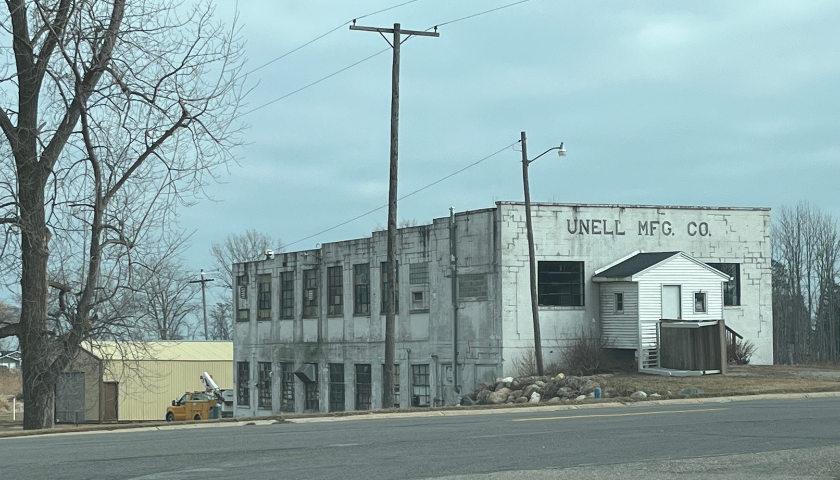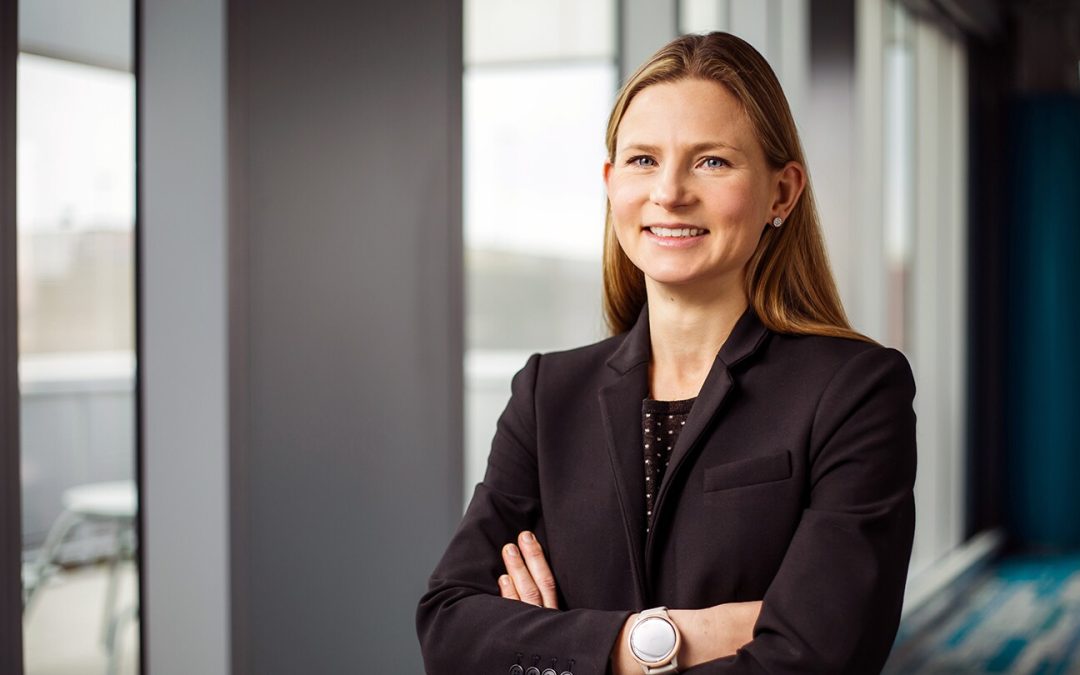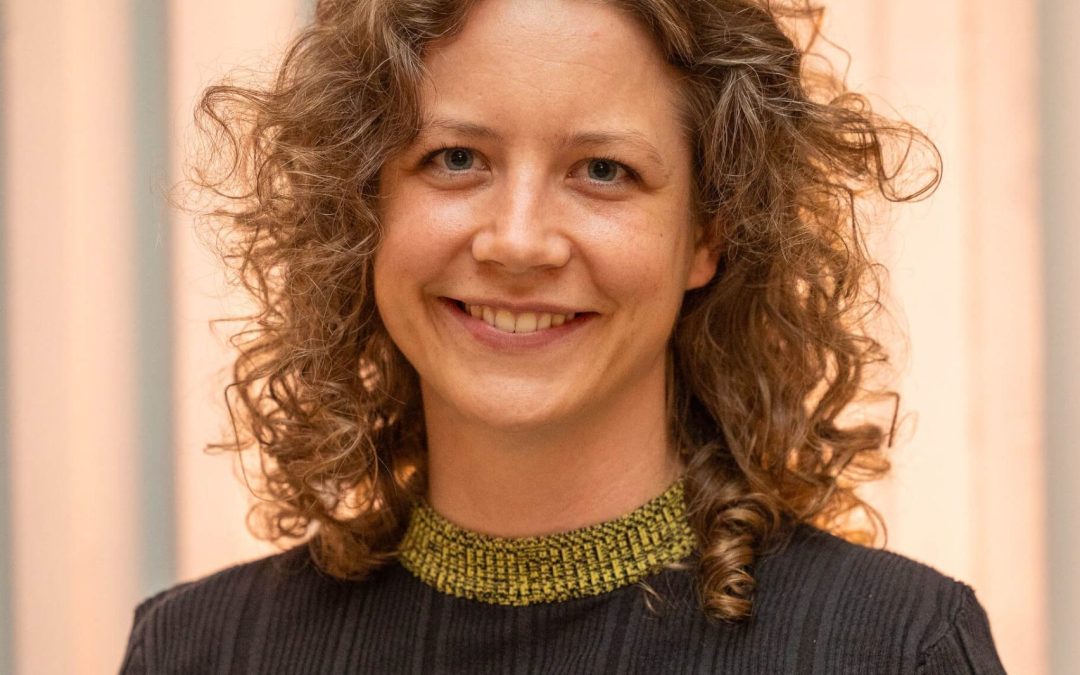David Distelrath may have lived in France since 2013, but his hometown in the thumb of Michigan continues to shape his academic life as he pursues his PhD in economic sociology.
David joined the Stone Center last January as a visiting doctoral student scholar from the Université de Paris-Cité. After studying economics and philosophy at St. Louis University, he accepted a position teaching English in France.
“A few years into teaching, I shifted gears and applied to economic policy master’s programs. I was planning on going to New York University, but that fell through because of COVID. I pursued a master’s in Paris which evolved naturally into a PhD,” he explained.
Early in his research, David shifted his focus from economics to sociology. “Sociology allows me to peer behind the curtain, and look at the more complex stories behind the numbers,” he said, “and that really appealed to me.” “I started to look at what people in the U.S., particularly migrants, do without credit scores… How does that impact their lives?”
That question has driven David’s research. Having grown up in Michigan, he decided to focus on rural communities like his own hometown. He noted that most socio-economic research focuses on urban settings or other geographic settings outside of the Midwest.
“The thumb of Michigan is one of the last places most people would choose to explore,” David said. “I grew up in a town of about 2,000 people where one of the most exciting things you can do is go up to Caseville because you may get a glimpse of the Aurora Borealis.”

In a recent paper, David wrote, “While the credit score provides a gateway towards traditional credit access for things like mortgages, vehicles, and everyday credit card purchases such as groceries, nearly 45 million U.S. residents go without one.”
People in the U.S. without credit scores are known as “credit invisibles” – those who have no credit records or unscorable credit records. Rural credit invisibles are more prevalent in every income category when compared to their urban counterparts.
To better understand how people in these rural communities navigate their credit invisibility, David is conducting ethnographic research and interviews through his fieldwork in Michigan. He has found that most navigate financial access and credit practices through kinship networks. While oftentimes people without credit scores rely on a cottage industry of alternative financial services such as payday lenders and cash checkers, these are often unavailable in remote areas.
This fieldwork will allow David “to better understand how people are meeting their financial needs in a credit-driven economy.” His current research is in support of his dissertation, titled Gatekeeping’s deafening silence: the slow violence of the credit score in marginal America. David is looking at expanding rural narratives by focusing not just on finance, but its intersection with kin, gender, politics, and attachment.
It was through a connection to Louise Seamster that David made his way to the University of Michigan. “I was in discussion with Louise and she asked me if I had connected with Davon Norris. I wanted an academic hub while I was in Michigan, and the University of Michigan is an ideal university for my niche project – it provides a link to terrific academics while I’m conducting fieldwork and Ann Arbor provides an urban environment that I miss when I’m away from Paris. I’ve been welcomed with open arms at The Stone Center for Inequality Dynamics. I couldn’t ask for a better environment. It’s been a wonderful experience.”
David will be in Michigan through the summer. Learn more about David on his profile page or download his CV.

